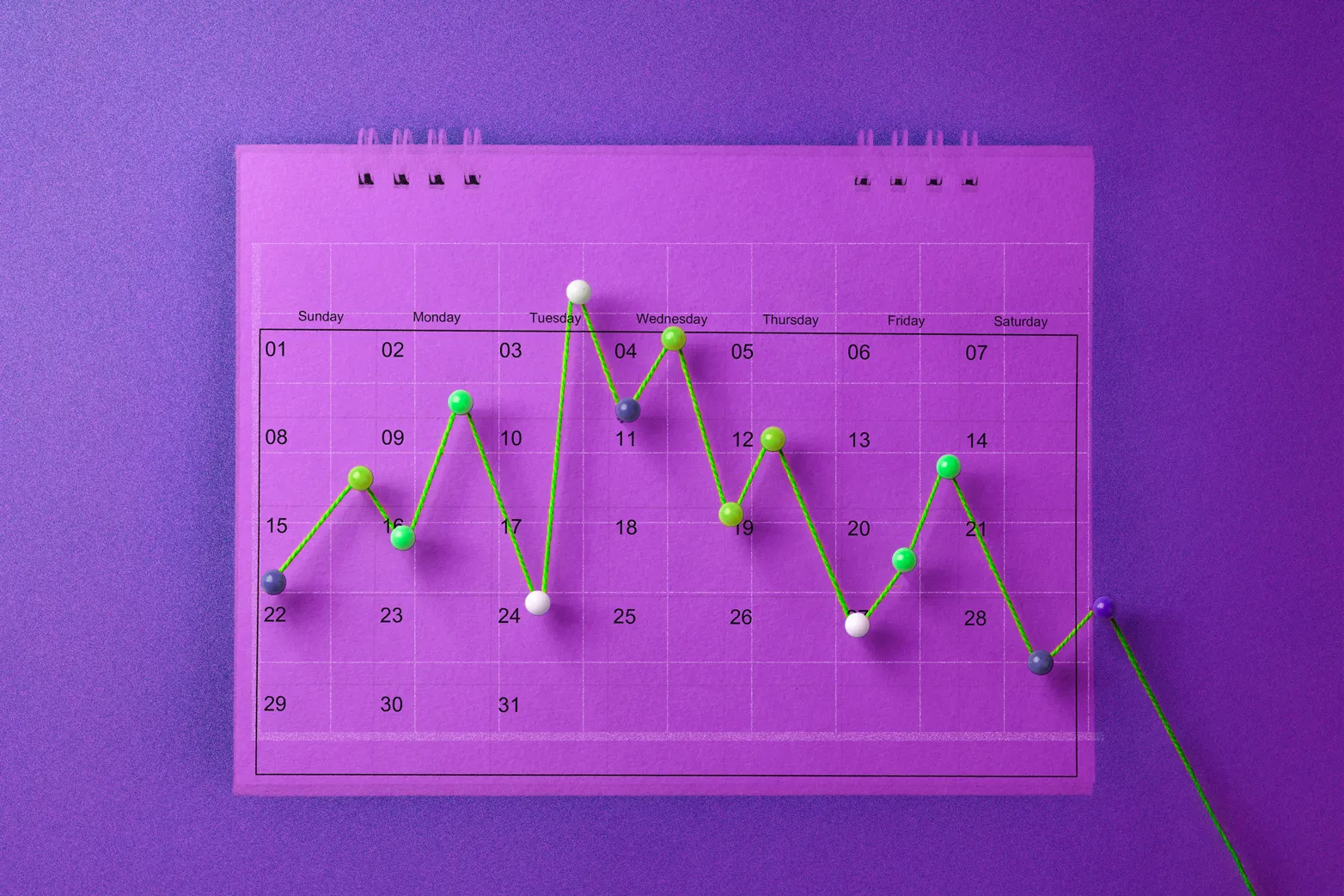Rising Household Debt and Shrinking Incomes Set Stage for Potential Recession, Warns Top Economist

As household debt reaches unprecedented levels and incomes continue to shrink, concerns about an impending recession are growing among leading economists. The combination of these financial pressures is creating a precarious economic situation that could have widespread implications.
Escalating Household Debt
Recent reports indicate that household debt in the United States has surged, driven by increases in credit card balances, mortgages, and student loans. According to the Federal Reserve, total household debt reached a record high of $16 trillion in the first quarter of 2024 . This rise in debt is particularly alarming as it reflects the growing reliance of American families on borrowed money to meet their daily needs.
Declining Incomes
Simultaneously, inflation-adjusted incomes have been falling. Wage growth has not kept pace with the rising cost of living, leaving many households struggling to maintain their standard of living. The combination of stagnant wages and increasing prices for essentials such as food, housing, and healthcare is squeezing household budgets, forcing more reliance on credit .
Expert Warnings
Top economists are sounding the alarm about the potential for these trends to trigger a recession. Mark Zandi, chief economist at Moody’s Analytics, notes that “the financial pressures on households are reaching a breaking point. If consumer spending pulls back sharply, the economy could tip into recession” .
Similarly, Nobel laureate economist Paul Krugman has highlighted the risks of high household debt levels combined with declining real incomes, arguing that this could lead to reduced consumer spending, which is a critical driver of economic growth .
Implications for the Economy
The potential recession could have broad impacts, including increased unemployment, reduced business investment, and heightened financial instability. Economists are calling for policy interventions to mitigate these risks, such as targeted fiscal stimulus, enhanced social safety nets, and measures to address wage stagnation.
Mitigation Measures
To counteract these trends, some experts advocate for stronger consumer protection laws, expanded access to affordable credit, and policies aimed at boosting wage growth. Addressing the structural issues contributing to income inequality and financial instability is seen as essential to preventing a deeper economic downturn.
The rising household debt and shrinking incomes are creating a volatile economic environment that could lead to a recession. Policymakers and economists are urging immediate action to address these issues and support American families in navigating these challenging times





